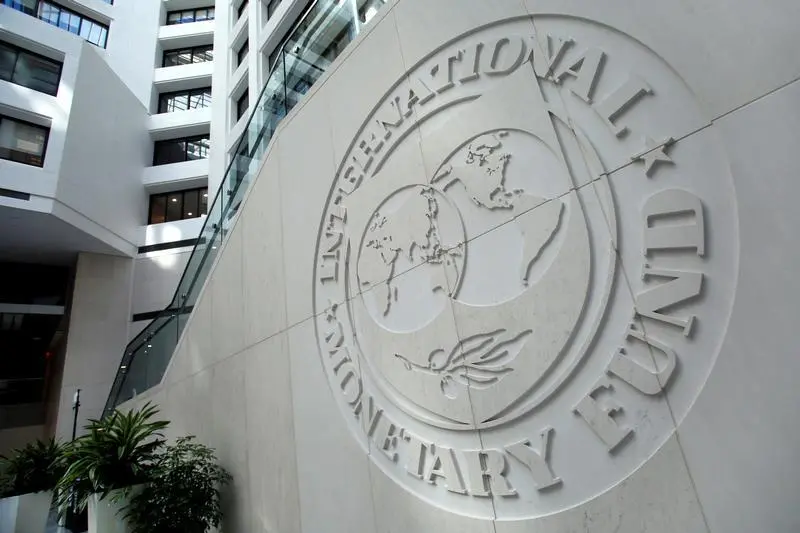PHOTO
As the coronavirus pandemic and containment measures continue, the UAE and other countries around the world have now deployed $9 trillion in public funds to help companies and citizens get through the crisis, the International Monetary Fund (IMF) said.
The combined government spending is $1 trillion more than the estimates in April 2020 and is costing some economies 5 to 10 percent of their gross domestic product (GDP), data released by the IMF on Wednesday showed.
“The [increase] was largely because of a second wave of measures by governments as the economic fallout from the pandemic proves more severe,” the IMF said in its latest blog.
Governments around the world have rolled out several economic stimulus and relief measures to provide emergency lifelines for businesses and consumers, to minimise the economic damage of the pandemic.
The funds, intended to help companies from closing down and protect people from losing their jobs, were released in the form of loans, equity injections, guarantees, fee reductions and subsidies, among others.
The UAE government has introduced several relief measures to help the private sector through the reduction of government fees and penalties, provision of loans, lowering of lease payments, loan restructuring and credit guarantees, among others.
As of late March, the size of the stimulus package pledged by the UAE government reached126 billion UAE dirhams ($34 billion).
The IMF said the bulk of the global fiscal support, estimated to be around $8 trillion, comes from the Group of Twenty (G20) advanced and emerging market economies and accounts for 4.5 percent of GDP on average, larger than those during the global financial crisis.
IMF’s anti-COVID-19 government spending estimates focus on discretionary revenue and spending measures. The costs incurred from the deferral of taxes and social security contributions were not included.
Public spending on the fight against coronavirus is being tracked because it can impact overall government deficit and debt.
The IMF had earlier described the pandemic as the “worst economic shock” since the Great Depression in the 1930s. The world economy is expected to contract by 3 percent this year as a result of the crisis.
(Writing by Cleofe Maceda; editing by Seban Scaria)
#CORONAVIRUS #IMF #ECONOMY #UAE
Disclaimer: This article is provided for informational purposes only. The content does not provide tax, legal or investment advice or opinion regarding the suitability, value or profitability of any particular security, portfolio or investment strategy. Read our full disclaimer policy here.
© ZAWYA 2020




















